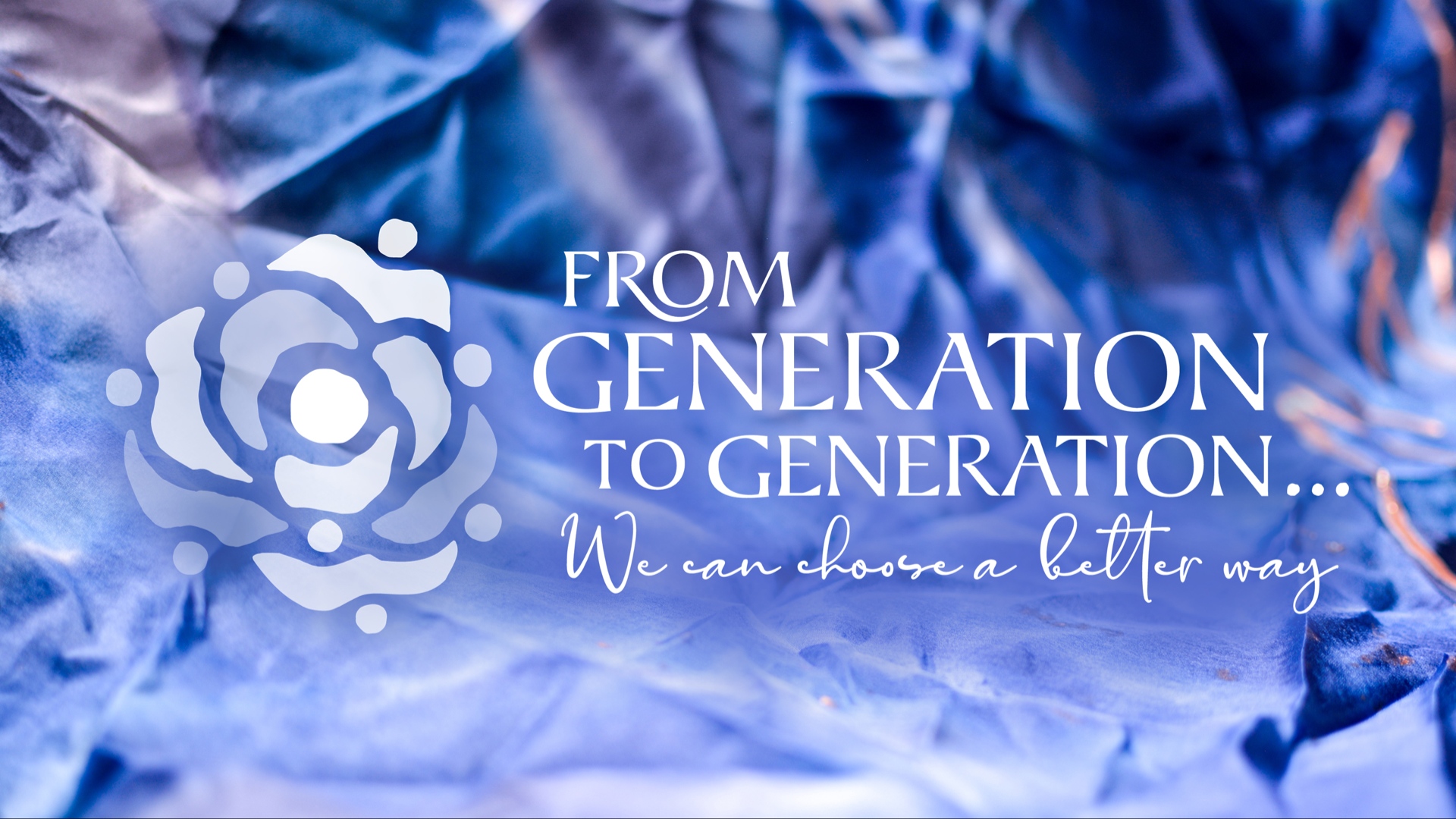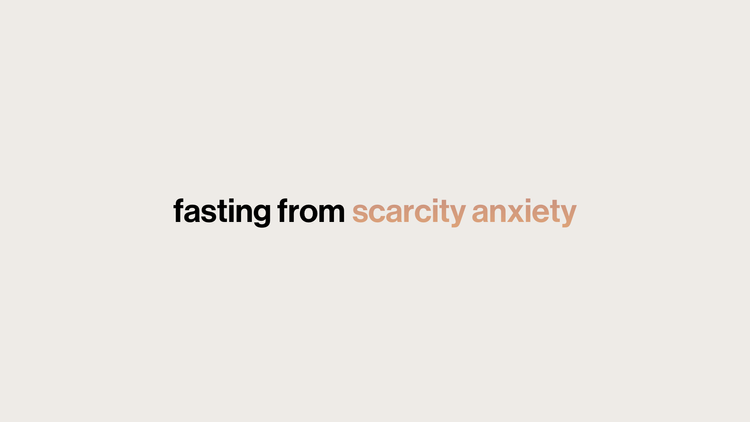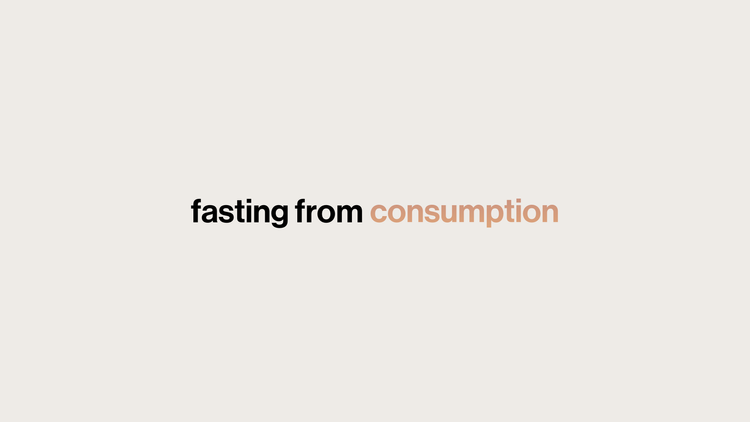From Generation to Generation: We Can Choose a Better Way

Sermon Delivered at The Local Church
December 11, 2022 • Advent 3A
Scripture: Isaiah 35:1–10; Matthew 1:18–25
It was early August 1993 — nearly thirty years ago. The Texas Rangers were playing the Chicago White Sox. 26-year-old third baseman Robin Ventura was batting for the White Sox, and legendary Hall of Fame pitcher, 46-year-old Nolan Ryan, was pitching in what would be his final season in the Major Leagues. In the first pitch of the at-bat, Nolan Ryan nailed Robin Ventura in the back. It happens all the time in baseball. And when it happens, Robin Ventura did what you hold your breath waiting to see in a situation like this. He took a few steps toward first base and then raced toward the pitcher’s mound. He was there for a fight. Nolan Ryan was ready, though. He took Robin Ventura, twenty years his junior, remember, immediately placed him in a headlock and started landing punches. The benches cleared. It was a whole thing, and it’s become almost legendary. There are YouTube videos breaking it down. But this kind of thing also happens so often now that we just expect it in sports. Tensions run high. The adrenaline is pumping. One wrong move, and it’s go time.

And this is precisely why what happened in a nationally televised Little League World Series game back in August of this year made so many headlines. Maybe you saw it. The Little League World Series is the national championship for 12-year-olds in Baseball. It’s a big game. And in this one, it was Oklahoma versus Texas, each playing to move on to the next round. Kaiden Shelton of Texas is pitching. Isaiah Jarvis is batting. A pitch gets away from Shelton and nails Jarvis right in the head. He immediately went down. Thankfully, he was wearing his helmet, but it might have been a different story if the pitch had been just a few inches to the left. Everyone there held their breath, and they were ultimately relieved when Jarvis got up, seemed to shake it off, and ran to first base. And when he got there, he looked over at the pitcher, at Shelton, and noticed that he was crying. And that’s when Jarvis did what so many other baseball players do who have just been hit by the pitch — the same thing Robin Ventura did. He made his way to the pitcher’s mound. Except when he got there, instead of confronting Shelton, Isaiah Jarvis embraced him. He hugged him and said, “You’re doing great.”
Did you see it? It was all over Twitter. It ran on ESPN, CNN, the Today Show, and the Washington Post. It was everywhere… which tells you something. It offers a commentary on the state of things when something like compassion, forgiveness, kindness, and empathy can generate such a buzz. When it’s news. It tells you something about the world when a simple embrace and a few words of encouragement can be the exception rather than the norm. So maybe we can change that. Perhaps God is leading us toward a better way. That’s our theme for the morning.
But first, a reminder that it’s the third week of the season of Advent. As I mentioned last week, the word Advent means “coming” or “arrival,” and Advent is the four-week season in our liturgical calendar in which we wait not only for the hope of Christmas and the coming of the Christ child but also to look ahead to the arrival of God’s promised day — when there’s no more mourning or crying or pain, when, as Isaiah puts it today, the wilderness and dry land shall be glad, the desert shall rejoice and blossom, and there shall be everlasting joy.
And it’s in this season that we look around at our world — the world outside and the world within — and realize that all is not as it should be. We lean into that tension — between the already and the not yet. And we name that discomfort. We name the truth that we’re a long way from where we’ve been and a long way still from where we need to be. That’s what Advent is all about. Waiting, yes, but waiting with hope, in peace, for the everlasting joy to come.
And to orient ourselves in this season, we’re leaning into a series called “From Generation to Generation…” Throughout these four weeks, we’ll hear again the timeless stories of Christmas that have been passed down from generation to generation. But we’ll hear them not as stagnant tales from long ago but with a resonance that still echoes in our world — that has a bearing on how we live and move and have our being. We’ll hear these stories with fresh ears.
And in between our receiving them and passing them on again — from generation to generation — we’re waiting and trusting in this Advent season that God will do something new, something generative, in us as the story unfolds in and through our own.
In the first week, we explored the genealogy of Jesus and discovered that there’s room for every story. Last week was about how God meets us in our fear, and the incarnate presence of God gives us the courage to take a risk and say yes to God.
This week, “From Generation to Generation… We can choose a better way.”

Last week’s scripture centered on Mary receiving the revelation that, by the power of the Holy Spirit, she was pregnant with the son of God. This week, Dan read us the story of Joseph receiving this news and how he comes to grips with all that it might mean for him.
As you heard, Joseph was engaged to Mary. And this isn’t engagement like we know it today. Back then, it wasn’t a drop-down-on-one-knee-and-pop-the-question sort of affair. That idea that it’s not official until the ceremony happens and the marriage license is signed and sent off… that’s not a thing back then. Instead, in the ancient world, to be engaged meant that you were already married for all intents and purposes. It meant that you were legally, contractually bound to each other. The wedding is a mere formality, so you’re locked in at this point.
And that’s what makes this such a sticky situation for Joseph when he learns that Mary’s pregnant. And it sounds completely ridiculous. She’s likely just returned from visiting her relative, Elizabeth, who is also pregnant. She’s probably showing. There’s very likely a baby bump at this point.
Can you imagine what’s going through Joseph’s head at this point? Confusion. Disorientation. Betrayal. So many questions. Mary’s been gone for months, and when she returns, there’s a child in her womb that certainly doesn’t belong to him. And if that’s not enough, Mary tells Joseph that the child belongs to… God? She became pregnant from the Holy Spirit.
What in the world!? It may not surprise us anymore because we know the story. On one level, it’s almost one of those “I couldn’t make this up if I tried” stories. It sounds too outlandish to be a lie. And yet, on another, there’s got to be at least some nagging sense that Occam’s razor applies here — that the most logical explanation is the most likely explanation. That Mary was unfaithful. That the child belongs to another man. But could she be gaslighting him? Would she do that?
Either way, she’s pregnant, and it’s not his. So he has to figure out his next move. Now, if he were to divorce her publicly, he’d be due compensation. He’d still receive the dowry, and if there was a bride price (money paid for by the husband to the bride’s family), he could receive that back, too. But even more than that, a public divorce would pile on any sort of shame and humiliation Mary might already feel and could likely also open the door to worse, like public stoning. It could cost her her life.
Matthew notes that Joseph is a righteous man. He knows the law. He knows his options. So he decides instead to divorce her quietly. What we see here is that Mary clearly still matters to Joseph. A quiet divorce means he turns down the claim to any money, and it also means that, though her shame might still be there, it wouldn’t be as bad. It would keep any public conversations to a minimum, and it could limit any physical recourse. This is what he decides to do.
But before he does so, he should probably sleep on it. And so he does — or at least he tries to. As he sleeps, an angel appears to Joseph now with the same words Mary heard: Do not be afraid. “Don’t be afraid,” the angel says, “to take Mary as your wife, for the child conceived in her is from the Holy Spirit.”
Right here in this dream, the angel corroborates Mary’s story and then confirms for Joseph that God’s own child is coming into the world through Mary to bring salvation and healing to all.
And then the sun comes up. As his eyes flutter open the next morning and he rubs his eye boogers away, as he stretches upward, the fog of sleep begins to lift — once he realizes he’s awake, it’s a new day, and yet, the reality of his predicament begins to set in anew. I’ve often wondered…. what had to have been going through his head? It was a heck of a dream. Did he try to remember if he had eaten some bad falafel the night before? As if this whole ordeal couldn’t get any crazier.
Or perhaps he remembered his lineage. The stories of choices passed down from generation to generation.
Maybe he remembered Abraham, who made the hard choice to pick up everything, leave his home, and head toward the promised land. Perhaps he remembered Boaz, who saw a vulnerable Moabite woman’s kindness in Ruth and chose to take her as his wife — giving her protection and a future. Maybe he remembered David, who, in his refusal to make hard choices in the name of self-preservation and pride, ended up causing trauma to Bathsheba and death to Uriah.
And so, as reality sets in anew, Joseph listens to the angel. He could have collected the money and set Mary up for trial, punishment, and possible death — piling on what shame she’d already feel. He could have dismissed her quietly and moved on with his life. But instead, he chooses the hard thing. The more difficult path. The better way. He has the courage to listen to the angel and stick with Mary. Peace over violence. Grace over condemnation. Love over bitterness. Solidarity over isolation. And now, think of what all this means.
In staying with Mary, he gives up any claim to his future. His best-laid plans. All that he’d hoped for — choosing instead to pivot. Whether he was ready for a kid or not, he steps up to become an adoptive father for this child. That’s huge.
But in the nearer term, as Mary continues her pregnancy, Joseph sticking with Mary means that he also enters into whatever shame or disgrace, or humiliation may come. He comes alongside her in it. Takes it on with her. The questions wouldn’t just be about Mary. It’d be about both of them. They’d endure it together. Mary wouldn’t be alone in it.
Kelley Nikondeha, who I quoted last week, said this about Joseph and Mary in these days before the birth:
Indeed, following the unborn Christ already had consequences.
In many ways, this is all we know about Joseph. We don’t get a play-by-play of Joseph’s involvement in the rest of Mary’s pregnancy or the life of Jesus. He sort of fades out of the story at this point.
But if we listen closely to the words of Jesus, we might be able to hear Joseph’s influence when Jesus talks about how a father always gives good gifts to his children. Or in the image Jesus paints of a father standing at the edge of the driveway waiting for his son to return home and running to him while he’s still a long way off. Perhaps those stories and many others were rooted in the love that Jesus knew from his earthly father.
What makes this story so remarkable is that Joseph defies expectations. He takes the norms of the day, the way we expect things to go, and turns them on end — sticking with Mary, shouldering her shame, fear, and confusion with her. He sticks with Mary, choosing the better way in solidarity and love.
It takes divine intervention, sure, and that’s true for each of us. Because each time we choose the better way, God has a hand in it. We can’t do good apart from it. It’s the result of the Holy Spirit and God’s grace moving in our midst. It may not look like an angel breaking into our dreams, but it could be the voice of a friend speaking wisdom into your life or helping you see something you couldn’t before—the memory of a family member who inspires you with stories of their courage. The pit in your stomach when you know someone should say something or the lump in your throat that tells you all is not as it should be. That’s God’s grace at work.
For each of us, like Joseph, there have been moments that have knocked us off our feet. Knocked the wind out of us. There have been moments in which we’ve had to take the plans we’ve made, crumble them up, and toss them behind us. Moments that have left us confused, bewildered, betrayed perhaps, questioning our own realities.
And just as Mary could say yes last week because of God’s promise to be with her, Joseph can make the hard choice — can choose the better way — because he knew that God would be present with them through Jesus — Emmanuel, God with us. God with them. And that’s true for us, too, in every disruption. In every breaking wave. In every world-upending experience. God is with us.
And we know this — we know that God is with us — because of those moments that defy our expectations, too… That take us by surprise in a world that so often seems so full of violence and war, greed and hatred, comparison and competition, heartache and disappointment.
But think of those moments in your own life that take your breath away. That restore your faith in humanity, however briefly—those moments like when a man decides to raise a child that’s not his with unconditional love. Or when you receive a handwritten card in the mail or get a phone call from someone with no agenda — to remind you that you matter.
When tens of thousands of diapers are given away to families in need, and children just down the road experience a Christmas that defies their expectations — with presents for them under the tree because of the generosity and love of people like you.
Or when a baseball player who’s just been knocked to the ground embraces his opponent with compassion and forgiveness — as if it’s nothing… as if it isn’t everything.
That’s the good news. God is with us. And if all of this is possible, what else might be?
Perhaps these moments wouldn’t be the exception but would come to be the norm if, by God’s grace, from generation to generation, we would choose the better way…




